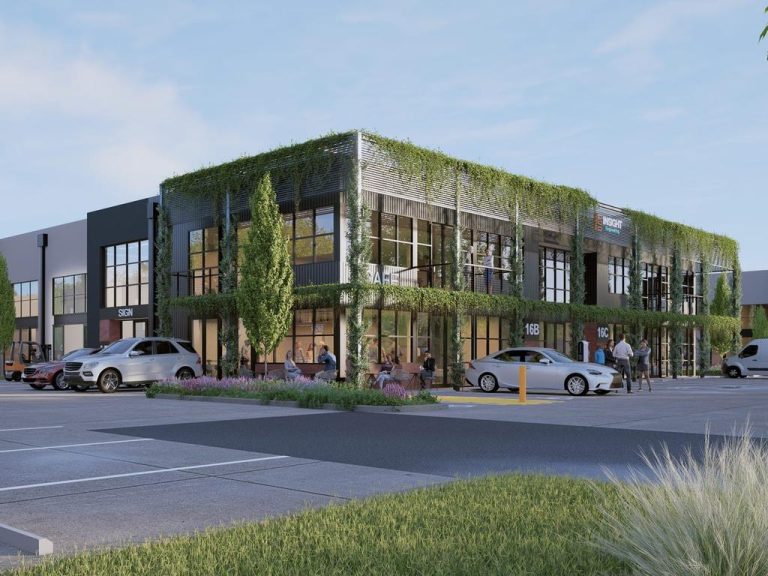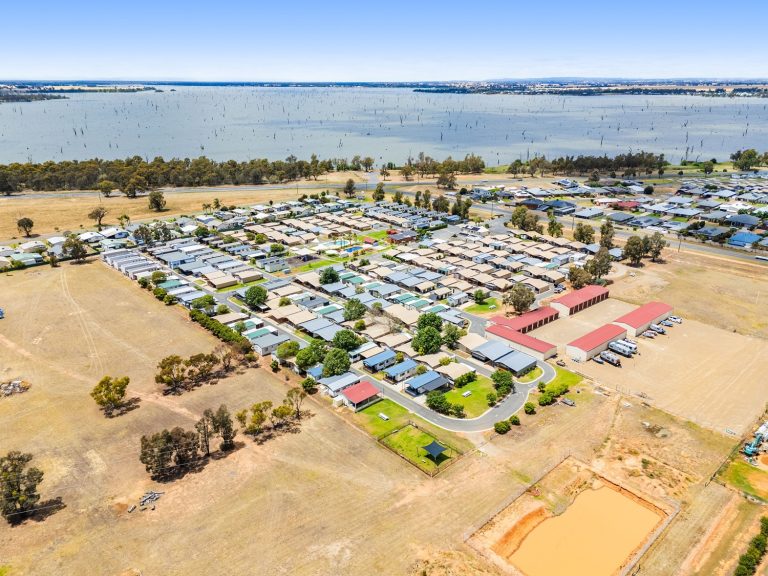EV sales boom while service stations decline
Petrol station sales have declined as the growing popularity of electric vehicle casts a shadow over their future, new research has revealed.
In 2022, service stations were a prime asset, with the total value of annual sales cracking the $1b mark for the first time, according to Ray White Commercial head of research Vanessa Rader.
The bump in sales was partly driven by lower interest rates and buyers looking for stable income, potential for land banking and future redevelopment.
But since then, sales have dippped and Ms Rader said it’s been a slow start to 2024.
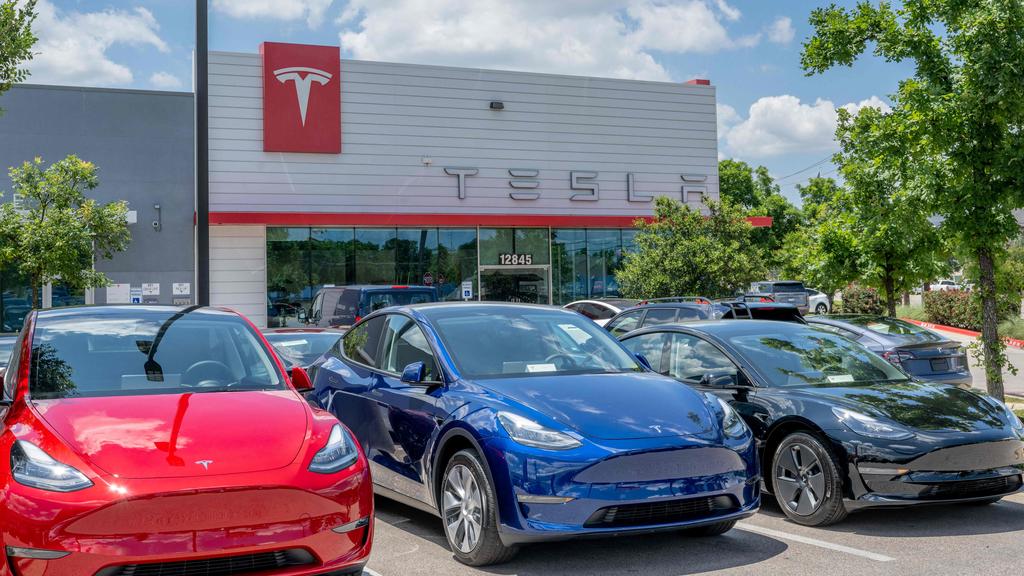
Tesla has lead the way in EV sales in Australia.
MORE: Ultra premium’ $150m Bondi Beach homes revealed
Sales volumes dropped 45.6 per cent in 2023 and only recorded a handful of sales totalling approximately $40 million were recorded in early 2024, according to the Ray White research.
Meanwhile, EV sales boomed, accounting for 8.5 per cent of new car sales.
“One of the stumbling blocks for investors has been uncertainty surrounding the future of the asset class (service stations) given Australia’s commitment to zero emissions in 2050,” Ms Rader said.
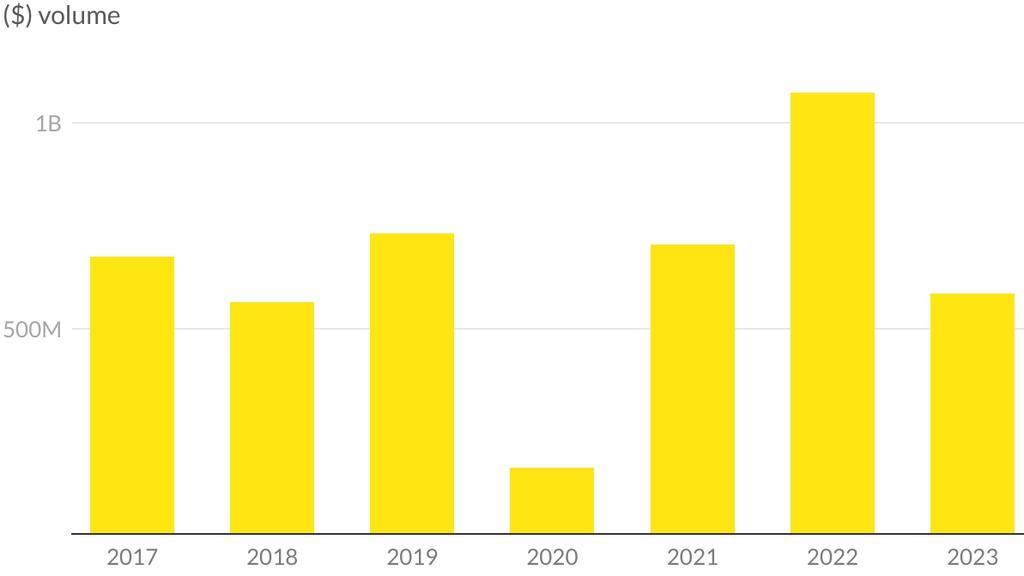
National service station sales on the decline. Source: Ray White, PIMS
“Despite this target, Australia has not set robust objectives surrounding the use of petrol cars like other nations.”
Ms Rader said the reduction in service station sales activity has been heavily influenced by changing availability and the cost of finance, more than just a turnaround in sentiment and EV boom.
MORE: Property lemons buyers should avoid
“While EVs have grown in popularity particularly given the rapid rise in fuel costs, the continued development of new petrol stations have given confidence to the longevity of the asset class,” she said.
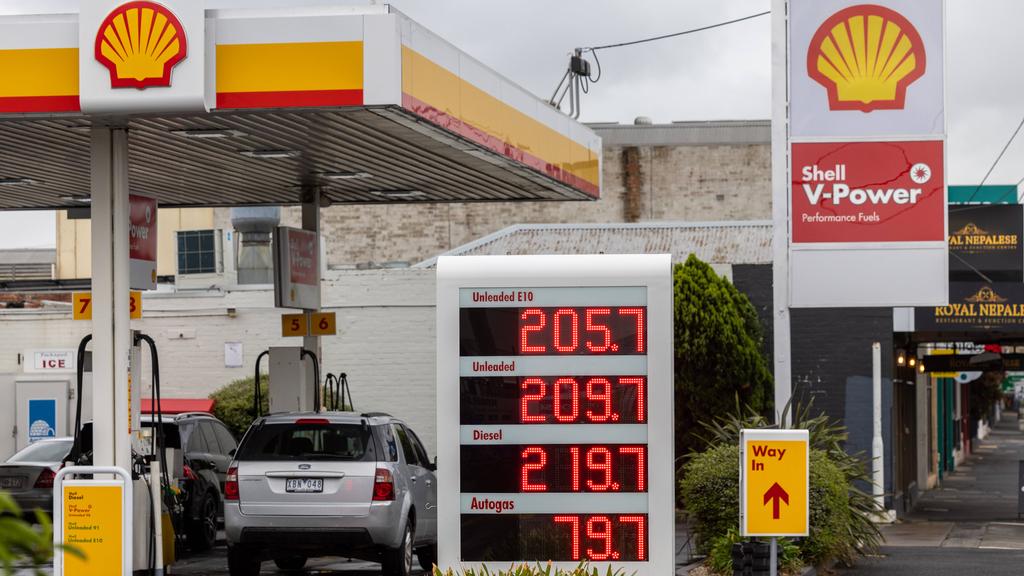
Service station sales have declined in 2023 according to Ray White research. Picture: Jason Edwards
Ms Rader said buyers were far more selective than before, seeking out high performing establishments with a long-term view on food, entertainment and EV charging offerings.
“Buyers have been more considered regarding local competition, future supply, land banking or development opportunities in the medium to longer term putting upward pressure on yields for more secondary locations or assets.”
Subsidies, discounts and state policy have also contributed to the uptick in EV purchases, with an estimated 180,000 EVs now on Australian roads, according to Ms Rader.
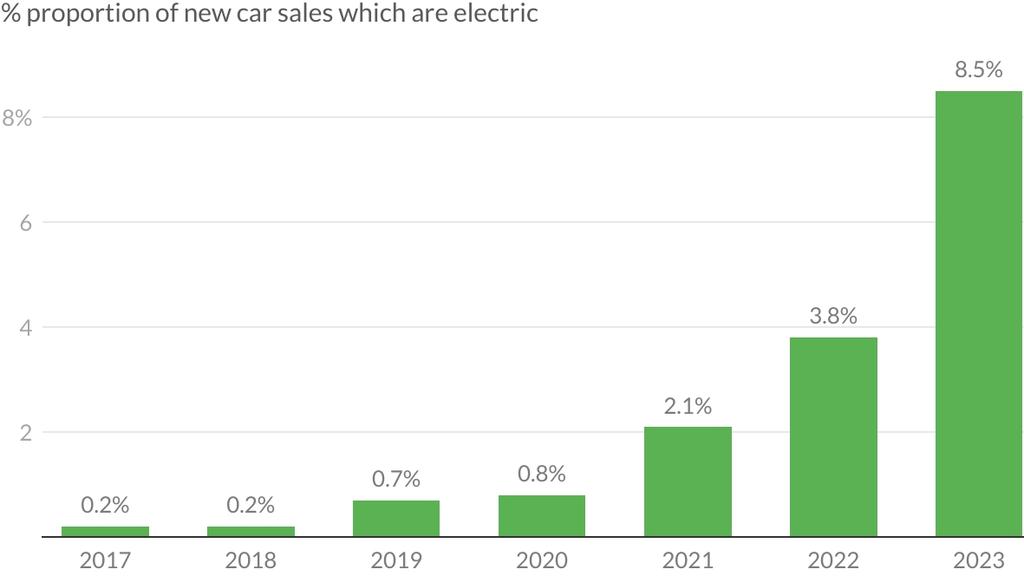
New EV sales show record growth. Source: Ray White, VFACTS and electric vehicle council
“While our affinity for EVs have grown (lead by Tesla Model Y & 3), new and emerging players like BYD in Australia have cemented the long term push expected by these vehicles across the world,” Ms Rader said.
“Australia is home to approximately 21 million privately owned vehicles, while it’s anticipated that it will take more than 30 years for EVs to be the dominant vehicle on our roads, the requirement for service stations in their current form will not go away; giving confidence to existing investors and those seeking out service station investment.”
MORE: Teal MP inherits mega mansion

